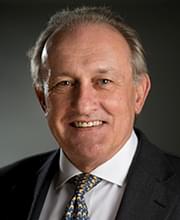

Born in the UK, educated in Rhodesia and South Africa, Stephen Harrod spent eleven years building a market research company in South Africa, focussed on the paper and packaging industry in that country, following which he spent six years in the paper industry with Mondi and JAC Labels before relocating to England. He has been consulting on ad-hoc projects and authoring reports for Smithers since 2006, with a focus on global paper and packaging markets. Stephen is responsible for a range of Smithers market reports including the Global Corrugated Market, the Global Folding Carton Market, Retail Ready Packaging, Liquid Packaging Board, Sustainable E-Commerce Packaging and many others.


Alexander Leo Bardenstein is the Group and Business Manager for Packaging Materials and Pilot Production at the Danish Technological Institute. He holds a Master’s degree in Engineering Physics and a PhD in Solid State Physics. Alexander has extensive expertise in a wide range of packaging technologies, including cellulose-based barrier packaging, active food packaging, microwaveable food packaging, and microwave decontamination of foods. His expertise also extends to equilibrium modified-atmosphere packaging (eMAP) for fresh produce, plasma processing and coating of packaging materials, as well as ultrasonic and radiation technologies applied to food packaging and safety.
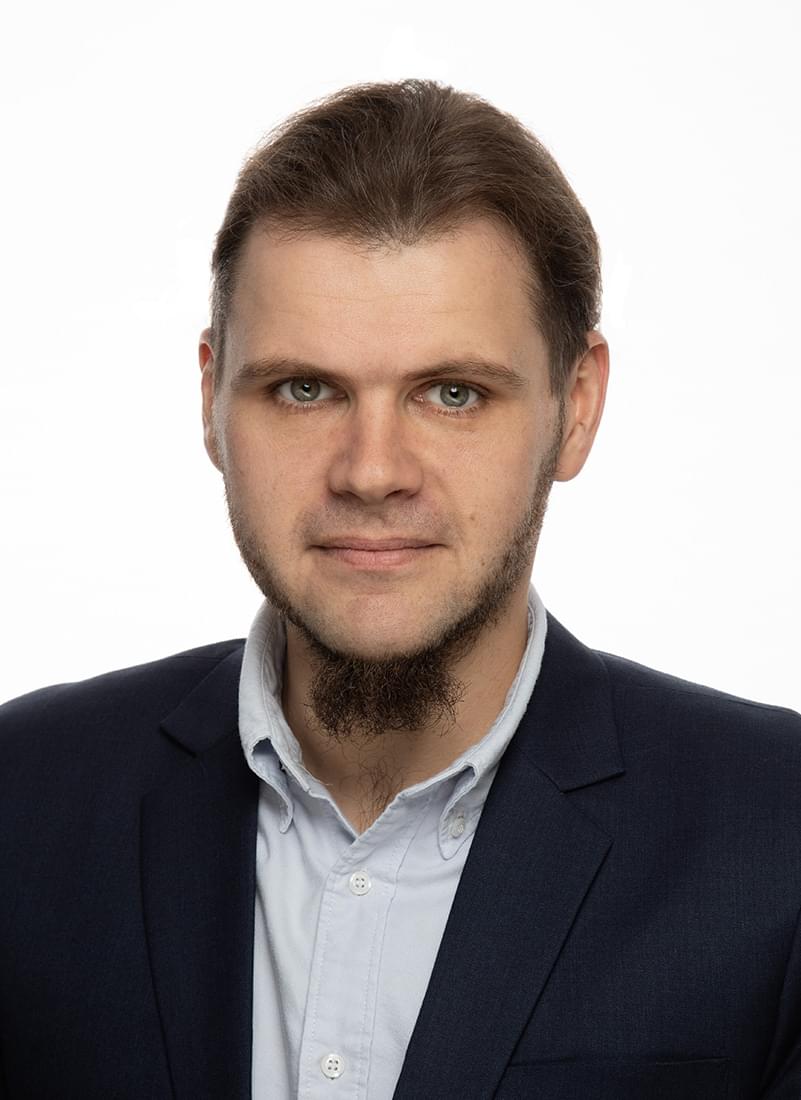

Alexey Vishtal is working at Mayr-Melnhof Board & Paper as a Head of Novel Packaging Development where his main focus is development of novel fibre-based packaging with barrier functionality to offer a viable alternative to difficult to recycle plastics. He has joined MM in early 2022 and before that spent almost 7 years with Nestlé leading fibre-based packaging in their research organization. Before that he held various positions in paper and related industries. Alexey has a paper engineering background and doctoral degree in paper physics and converting.
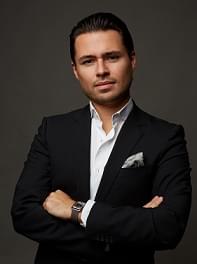
.png?ext=.png)
Advisor to the Government of Ukraine on Sustainable Development
• CEO at PAPACKS Czech Republic s.r.o.
• CEO at First Hemp Corporation LLC | Ukrainian Hemp®
• Managing Partner at PAPACKS Green Holding®
• Deputy Director at EMBA European Material Bank®
Extensive experience in organizational management and business
development, helped Michael turn multiple start-up companies into
rapidly growing international organisations with capitalisation over 1bn.
EUR. Currently managing one of the fastest-growing businesses in the
sustainable packaging industry and building a circular economy
concept connecting people, nature, business, and technology.
Accelerating sustainable transformation on a government level in
Ukraine, with special focus on industrial hemp and renewable
resources. Chairman of the Board at Ukrainian Hemp® - Ukraine's
largest industrial hemp cooperative with government license to grow,
process, and export hemp-derived products
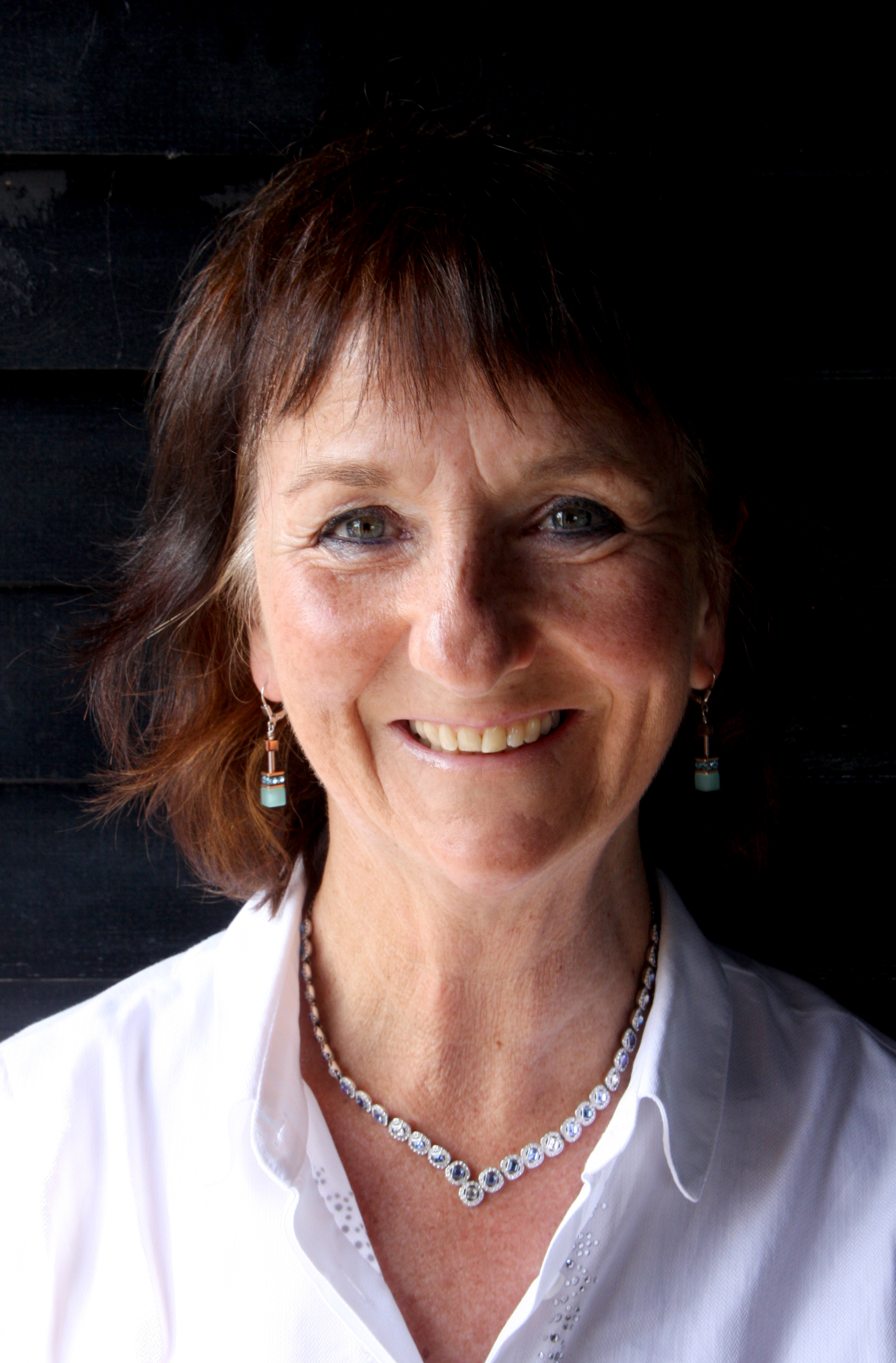

Janet Preston has worked in IMERYS Minerals for over 30 years in the areas of
coatings and minerals research, including paper coating, paper filling, paints and inks
and in printing science.
Whilst working at Imerys Janet graduated from University of Plymouth with an
honours degree in Applied Chemistry. She then gained a PhD in Chemistry with the
Interface Analysis Centre, University of Bristol, where she studied ink and coated
paper interactions. Janet has around 100 publications in this area. She is currently a
senior technical support specialist & scientist in the company’s Paper & Board group
and is working in the area of paper, board, pulp & printing.
In 2007 Janet was appointed as an Adjunct Professor (Docent) at Abo Akademi
University in Finland. She is a Chartered Chemist & Member of the Royal Society of
Chemistry.
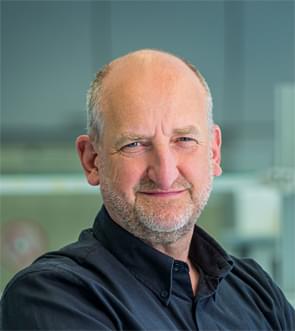

Peter Leonhardt is an R&D Leader and Technology Portfolio Manager in the Industrial segment at Cargill.
Originally from Germany, he studied technical chemistry at the University for applied science in Krefeld, Germany. In 1995, he finished his study with an engineering degree and continued to work for a period as a lecturer and assistant lecturer at the university.
Since 1997, Peter has been part of, first Crestar’s and since 2002 Cargill's R&D, holding different leadership positions in the food, feed and industrial space.
Since 2018 Peter is focusing with his team on the development of bio-based products for the Paper and Packaging industry, aiming to replace petrol-based ingredients.
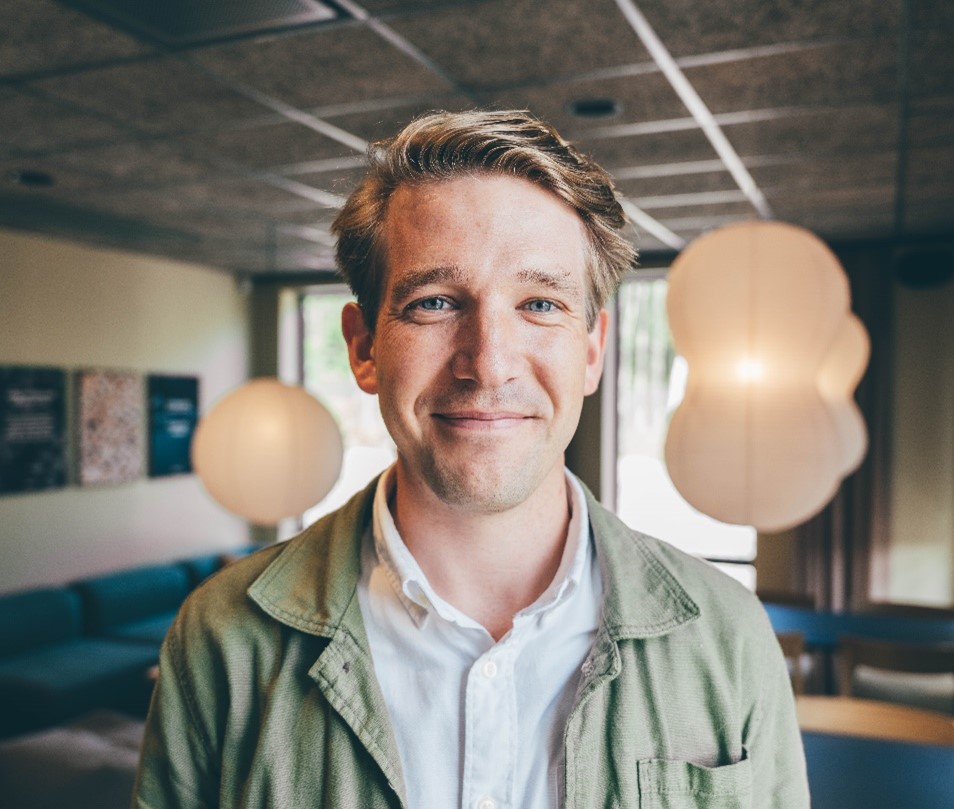

Viktor holds a master’s degree in business design & entrepreneurship and has a background in business development and strategy. With a passion for enabling a sustainable shift in the packaging industry, Viktor leads PulPacs’ strategy and operations to support our customers and partners to make the switch to Dry Molded Fiber. DMF is a groundbreaking technology that makes fiber-based products a competitive and viable alternative to single use plastic.


Ankur is a Co-Founder and Chief Business Officer of Cirkla Inc, a sustainable packaging company empowering global brands to achieve their sustainability goals through high performance fiber packaging solutions. His 13+ years of expertise span building and scaling businesses across US, EU and Asia. Previously, Ankur propelled Zume Inc.'s molded fiber packaging business to 25 countries as a Director of the APAC and EMEA business. Ankur has a diverse experience working across strategy consulting, CPG operations and startups.
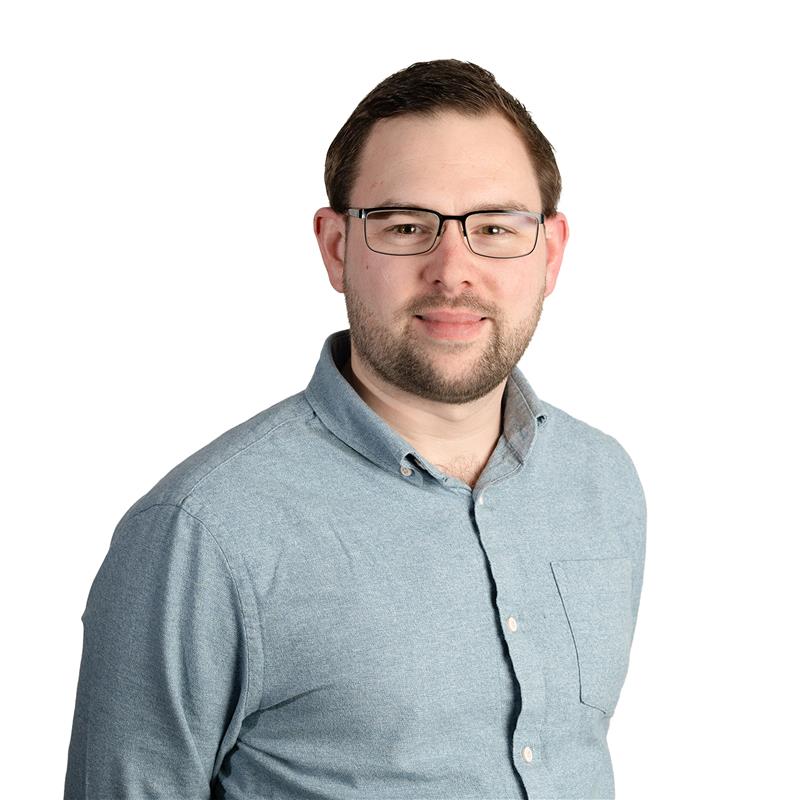

Mark Jones
Dry Molded Fibre Product Lead
Mark has 10 years of experience at PA in novel packaging development working to manage the product and process needs, from the initial sketches through to pilot scale manufacture. Over the last 5 years he has worked closely with PulPac’s Dry Molded Fibre Technology supporting PA’s clients in the transition to more sustainable materials. As a DMF Product lead, Mark is responsible for delivering packaging solutions at scale balancing the design, consumer needs, materials, functionality and end of life goals.


.


Dr. Otto Soidinsalo holds a Ph.D. in organic chemistry from the University of Helsinki and works as Business Development Manager at Borregaard. Before joining Borregaard, Otto spent several years in various positions ranging from R&D to product and application development and technical services. Currently Otto is focusing on coatings and paper & packaging. Otto possesses a deep understanding of natural polymers and their impact on rheology as well as mechanical properties of various applications.


Dan Mace is head of Finance and Operations at Archipelago. Dan oversees Archipelago's finances and manages Archipelago’s day-to-day operations, including our technical programmes, to deliver Powerdrop coating systems to our customers. A physicist by training, he has spent his entire commercial career developing industrial inkjet and coating systems.